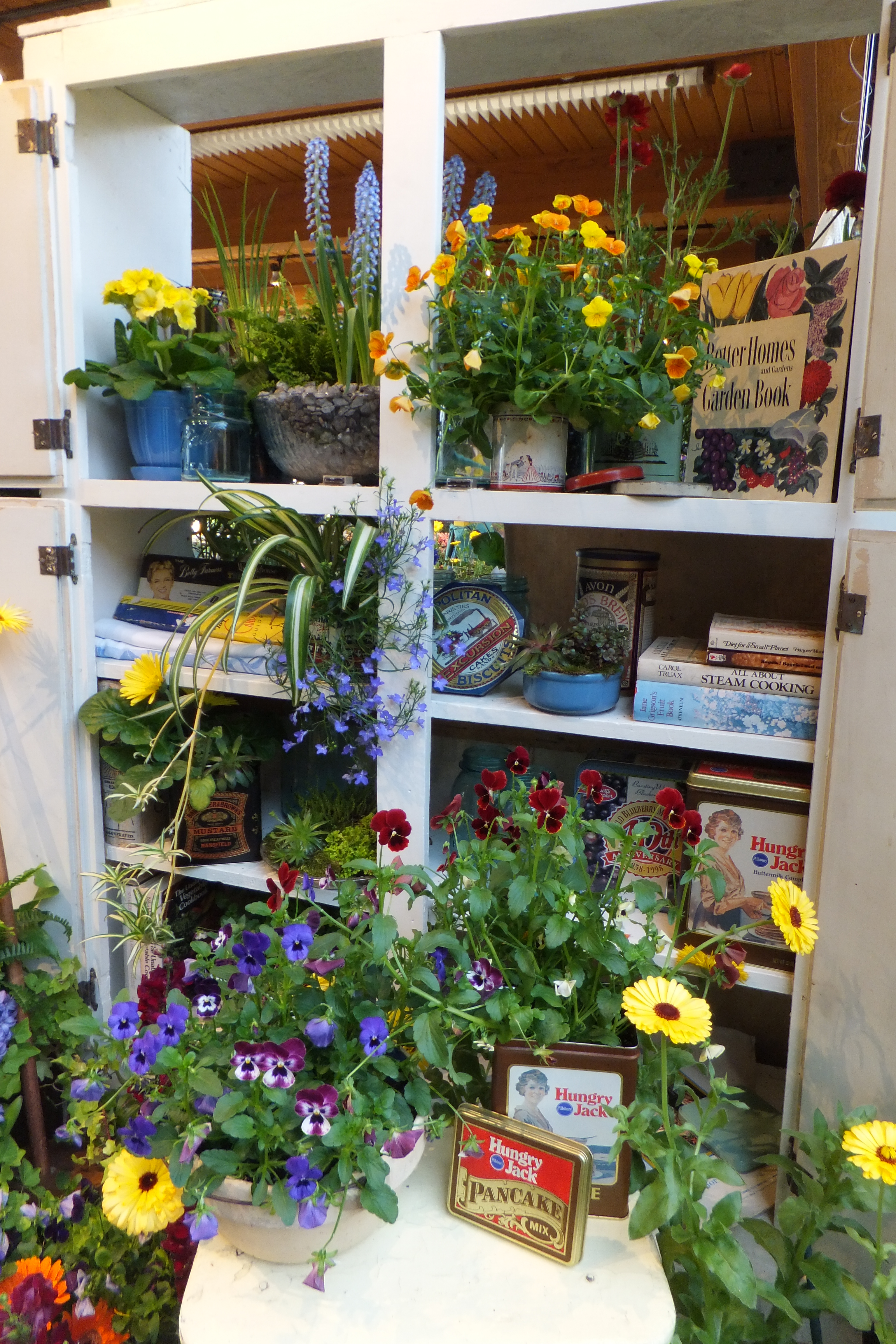
I took advantage of an offer from a poetry journal to submit five poems and, in addition, in exchange for $20, I would receive comments on the poems within a few days plus a copy of their journal. So I picked some poems I liked and thought were finished and a couple I thought still needed work.
The comments came back within three days. The email started and ended with friendly enthusiasm but in the middle were snarky and sometimes contradictory comments on each poem.
The poems included one that used the concept of Wabi Sabi, the Japanese aesthetic that things are transient and imperfect. I wrote about making an error in a piece of needlework and I said, but the Japanese are intentional, meaning an artist may include an error on purpose, whereas my error was just that, an error.
The Editors said, “… we collectively cringe slightly at the cultural references in this one, especially the so self-assured pronouncement, ‘Japanese are intentional.’ Without knowing much about the poet, it’s hard to say whether such a statement is earned, or not.”
Then they said, “We like the central idea in this piece, the intentional inclusion of error in human-made work to reflect the (“non”-intentional, though inevitable) imperfection of the universe.”
Am I wrong to think those comments are contradictory? Whatever. What really annoyed me was the comment about my so self-assured pronouncement that Japanese are intentional. Reading that, I reached for my keyboard to send a response, but then I stopped, took a breath and decided the best I could do was to let it go.
But the comments reminded me of recent controversies in the art world where an artist is criticized for making an artwork that is about another group’s culture. In two examples, the artists withdrew their artwork from exhibit in one case and from future sale in the other.
Then, a friend recommended an acclaimed book of short stories by a Hispanic woman. The first story I read was in the voice of an African American male.
Confused? So am I.
However, I am thankful that The Editors decided that “…we are going to give the poet the benefit of the doubt on the cultural references, because to us, none of them rise to the level of actual appropriation”.
I ended up taking their advice to remove the wabi-sabi references and keep the ideas in the poem. I have submitted it elsewhere, and we’ll see how it is received.


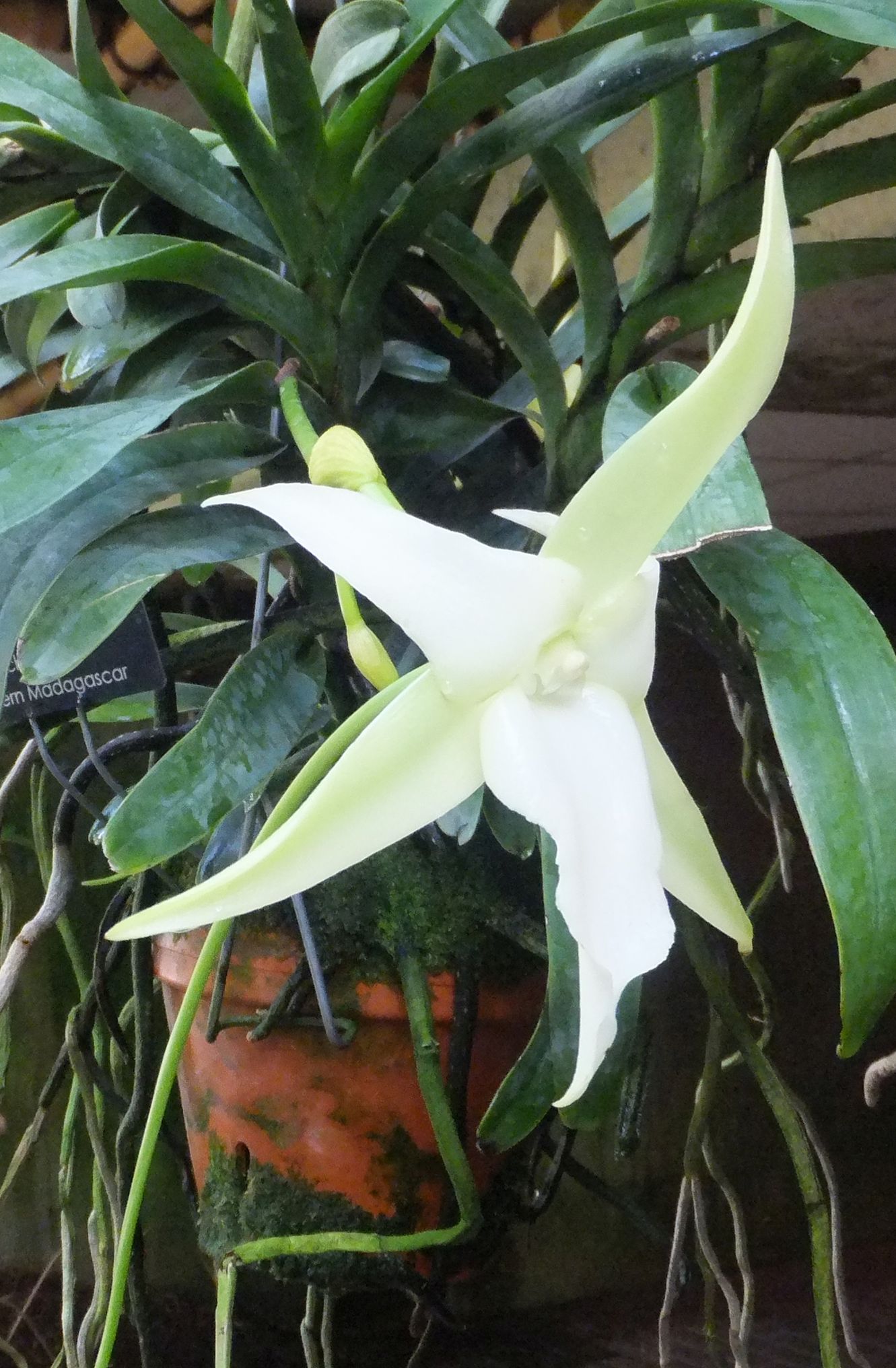


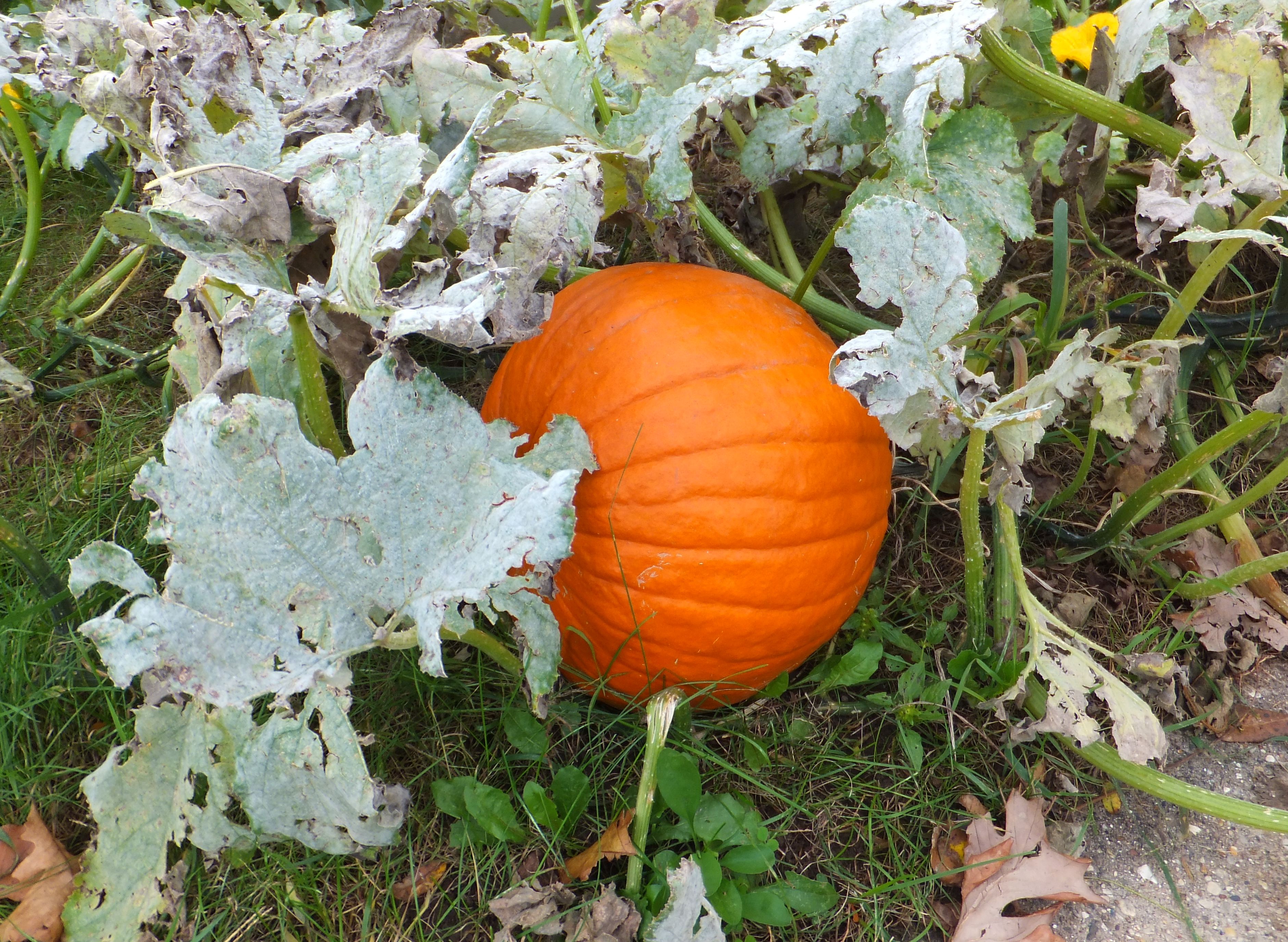 Urban Pumpkin
Urban Pumpkin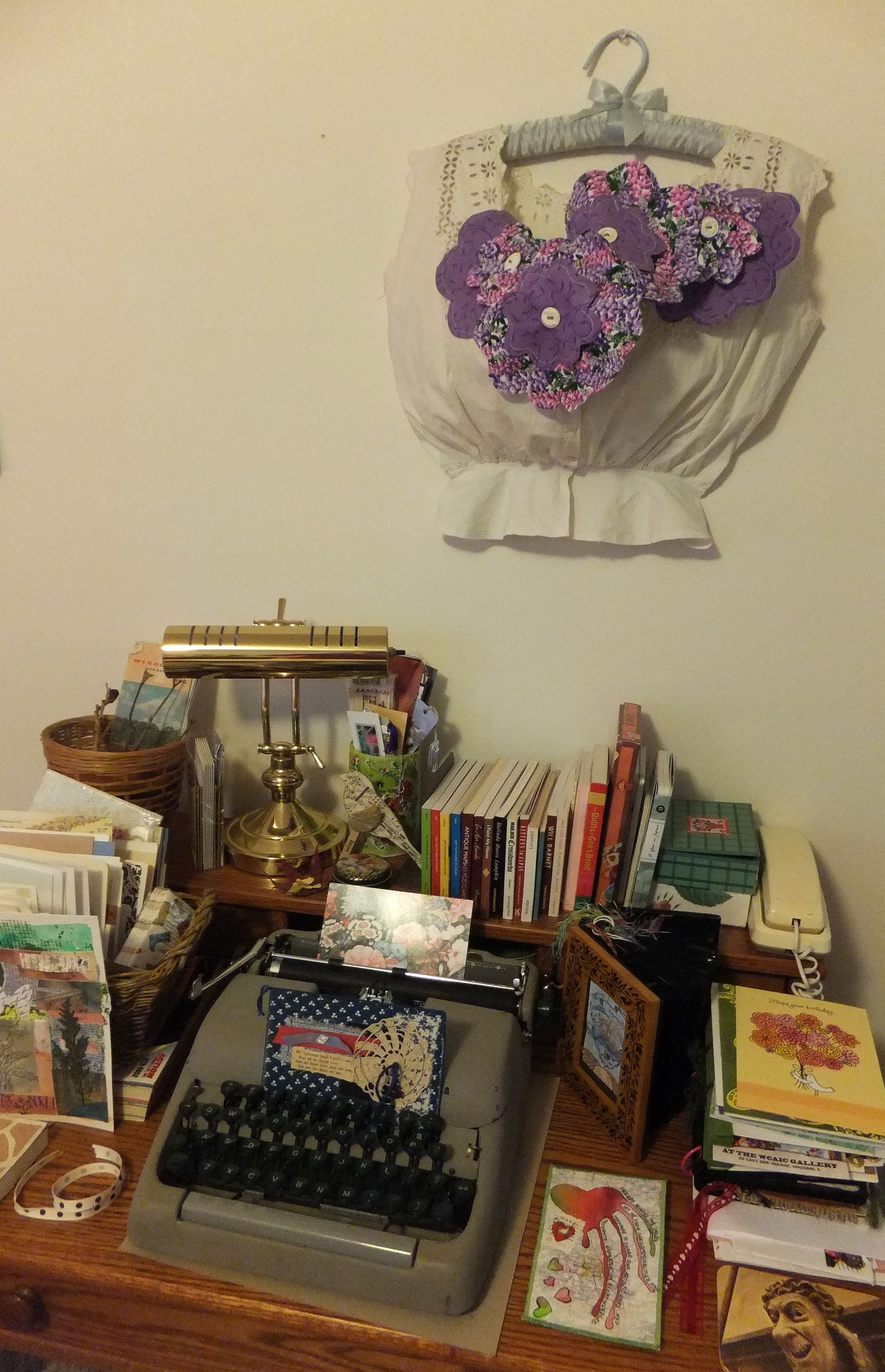
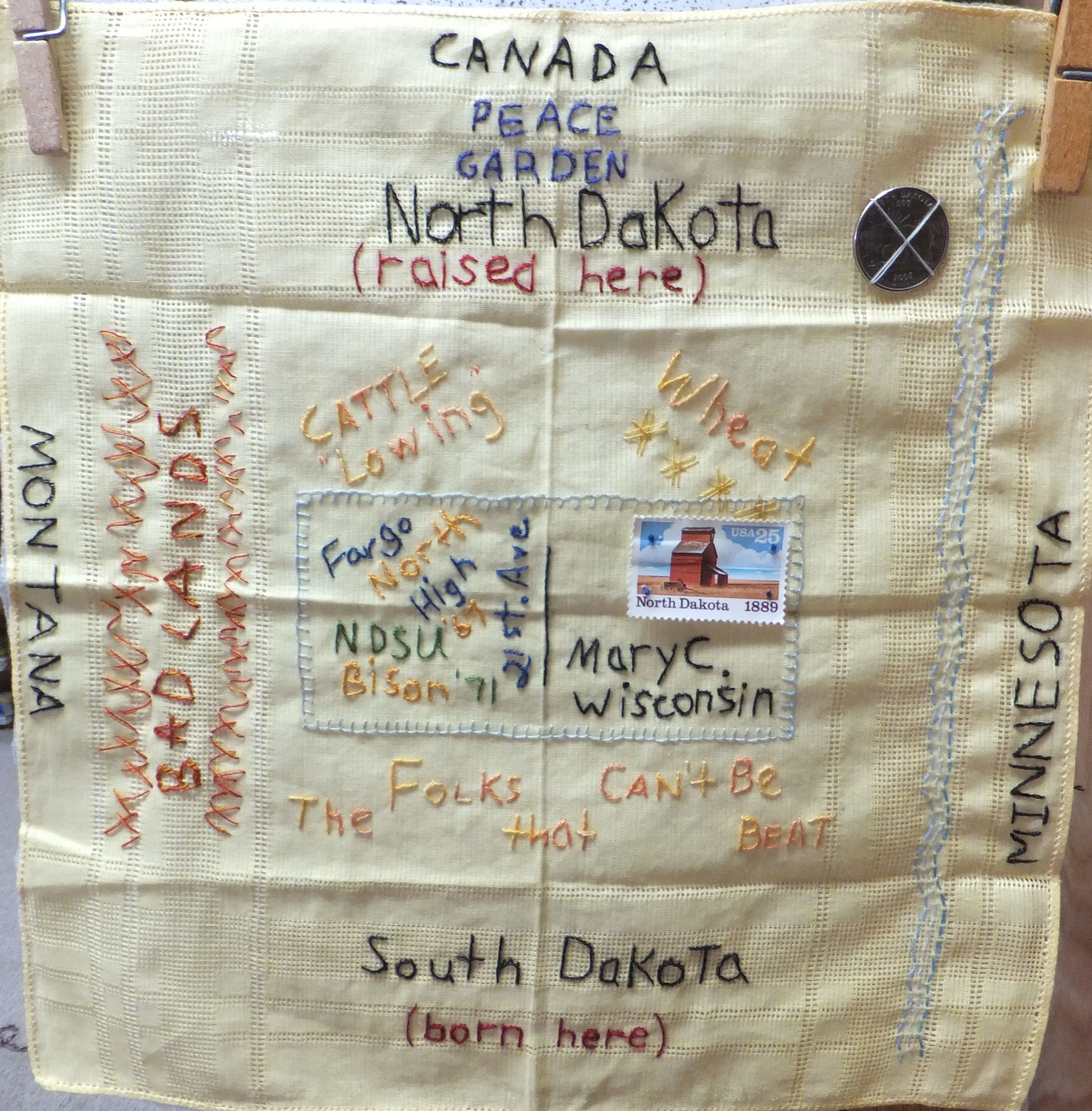
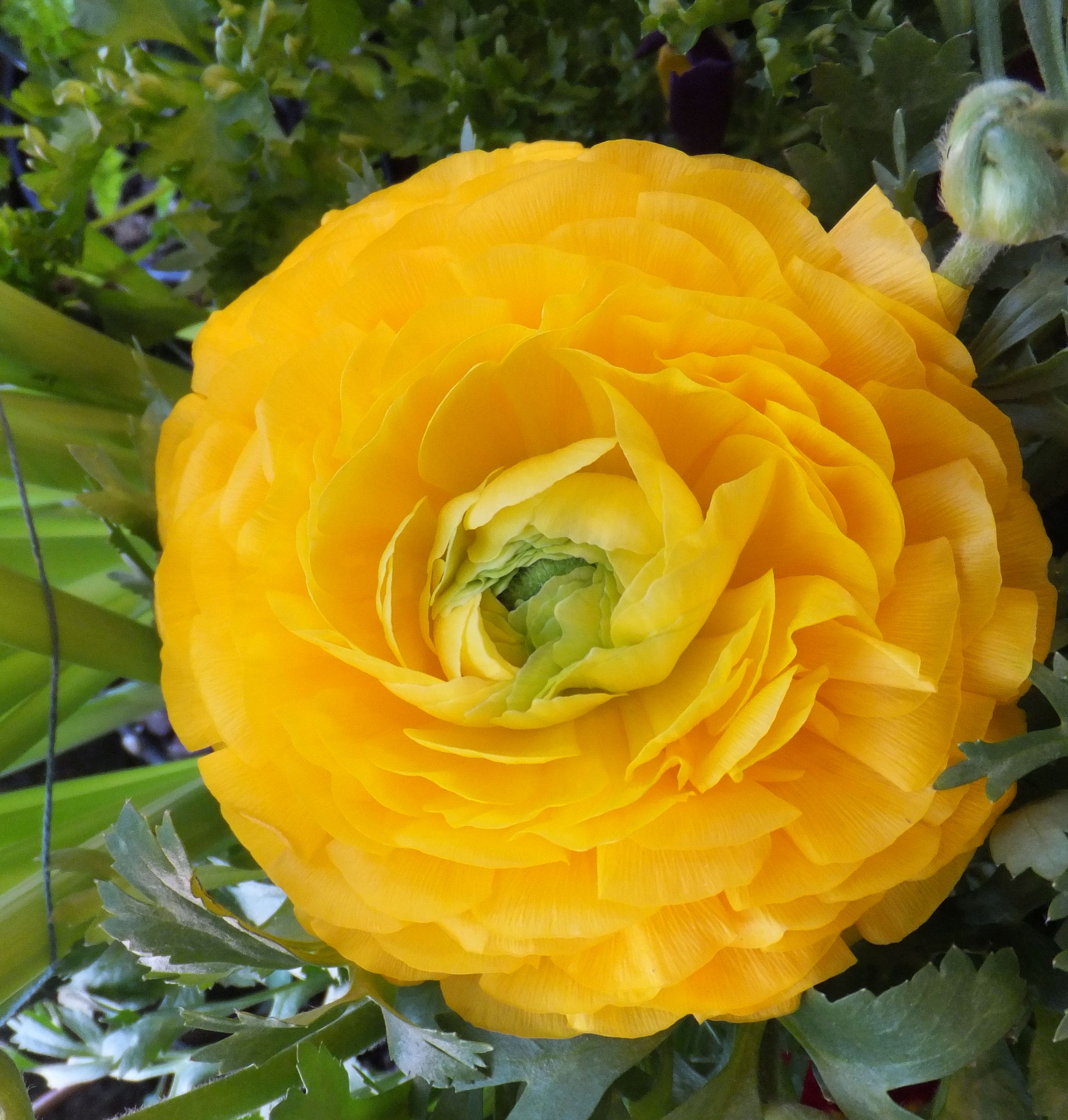 Spring Flower Show
Spring Flower Show
